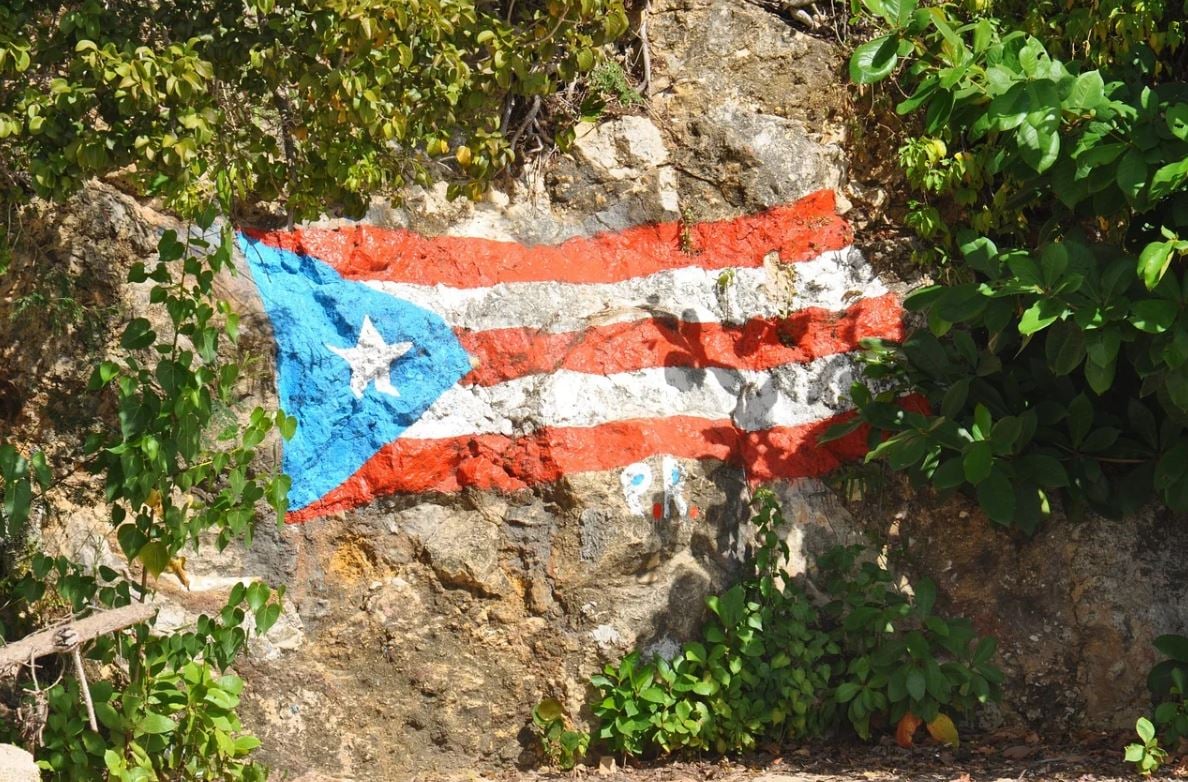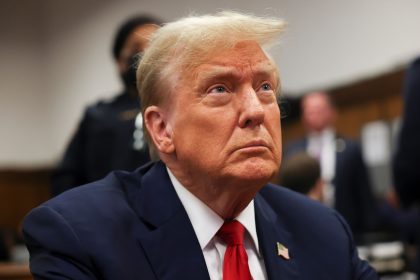Puerto Rico Voted For Statehood… Or Did It?

WASHINGTON — On Nov. 3, 2020, Puerto Rico held its sixth referendum on the status of the island’s sovereignty. And while the majority, 52%, of voters opted for statehood, Puerto Rico’s current relationship to the United States remains as complicated as ever. Not only do some question the validity of the poll, but continuing concerns over Puerto Rican statehood raise additional misgivings stateside.
The American Constitution Society, a progressive legal organization, convened a panel of Puerto Rican legal experts and advocates to discuss the history of Puerto Rico’s plebiscites on statehood and the ramifications of Puerto Rican statehood on both Puerto Ricans and non-Puerto Rican Americans.
“Puerto Rico’s state story really is unique among U.S. territories,” admitted Rafael A. Cox Alomar, professor at UDC’s David A. Clarke School of Law. “In none of the territories after [the admission of the] 13 colonies was there as much [injustice] as in Puerto Rico.”
Spain ceded Puerto Rico to the United States in the Treaty of Paris in 1898 along with The Philippines and Guam. In the early 19th century, a series of legal cases determined these areas to be “unincorporated territories,” which, unlike other U.S. territories, had no direct path forward to statehood, though the residents would be U.S. citizens.
In 1952, after a referendum, Puerto Ricans adopted a new constitution establishing the current relationship of Puerto Rico as a commonwealth of the United States. Since then, the government of Puerto Rico has enjoyed an autonomy similar to those of the states, albeit with a fiscal oversight board that supervises commonwealth finances, and no voting representation in Congress.
“The U.S. created the problem of Puerto Rican statehood almost as soon as it took over the islands,” said Jeffrey Farrow, lobbyist and former co-chair of President Clinton’s Working Group on Puerto Rico.
“I consider Puerto Rico’s unique situation really unfortunate; trapped in an unending debate over what its status is. For [other] territories, statehood was a matter of when, not if. For Puerto Rico, it became a matter of if, not when,” said Christina D. Ponsa-Kraus, professor of Legal History at Columbia Law School.
“Puerto Rico had been fighting for autonomy for a long time [from Spain],” Ponsa-Kraus said. “Forget the 2020 referendum — Puerto Rico should have been a state a long time ago. [I believe] Puerto Rico should have had a choice between statehood or independence — join or leave — shortly after annexation. We’ve had a colony for almost 125 years. This is embarrassing; this is an injustice.”
Efforts to solidify Puerto Rico’s situation have come via a series of six plebiscites, or non-binding public votes on statehood. And the most recent 2020 referendum isn’t the first time a Puerto Rican statehood vote has been in the affirmative.
“The fundamental problem with [some preceding] plebiscites was that they included impossible proposals as options,” said Farrow. “[The plebiscites in] 2012 and 2017 [on the other hand] were limited to possible options, but had a low level of participation. Members of Congress were not convinced that there was a real mandate to Congress for statehood [from Puerto Rico]. But there is no question about the 2020 vote. Statehood ‘Yes’ or statehood ‘No’; the options were very clear.”
Cox Alomar disagrees. He believes the 2020 referendum, which saw the electorate vote ‘Yes’ to statehood by 52%, was “a complete exercise of fiction,” not to mention that it had historically low turnout due to COVID.
“I believe the local referendum in 2020 was… the product of an illegitimate process,” he said, suggesting a hazy deal in a smoke-filled room in Puerto Rico. “This legislation is without any participation of any other political parties or political movements.”
“The legitimacy of procedures is essential,” said Cox Alomar. “[Puerto Rico] is a nation in itself and… Puerto Rican sovereignty should have had a place on the ballot.”
Cox Alomar said the wording of the referendum was unclear, offering that it was not obvious to voters that a ‘No’ on statehood could mean a ‘Yes’ to something else… like independence. He also suggested that a legitimate vote on statehood could not be held without a perusal of any statehood transition plan and that throughout the process, opposition voices were silenced.
“People opposed to statehood were certainly not silenced in this plebiscite,” insisted Farrow, who predicted that a follow-up vote would likely be held after seeing what a potential statehood transition plan might encompass.
“If Puerto Rico wanted to be a nation, I would be all in favor, but Puerto Rico didn’t want that,” said Farrow. “Puerto Rico should have a democratic form of government, which it does now. The island should be treated equally by whatever nation they choose, and they chose the U.S. Now, everybody should have the right to elect people who make their laws.”
Should Puerto Rico be on the path to statehood, the Constitution’s Admission Clause states that what it would need is “a simple majority vote in Congress and equal footing with other states,” according to Ponsa-Kraus.
She admitted that PROMESA, a 2016 law that established a financial oversight board, a process for restructuring debt, and expedited procedures for approving critical infrastructure projects in order to combat Puerto Rican government-debt, would be a major obstacle.
Alternatively, “the Supreme Court could overturn ‘incorporated territorial status,’” she offered.
And while Ponsa-Kraus believes that a majority vote for statehood is important and that Puerto Ricans should have autonomy, she admitted that “it’s a different thing to ask Puerto Ricans and non-Puerto Rican Americans whether Puerto Rico should be a state.”
A controversial mix of history, intention, politics, and political capital is involved in the on-going process and question of Puerto Rican statehood. And other areas pushing their own agendas equally affect the balance.
Cox Alomar, still pushing for Puerto Rican national sovereignty in lieu of statehood, doesn’t seem worried that rushed action will be taken toward statehood anyway.
He said simply, “It’s impossible for me to see Puerto Rico as a state without the D.C. question being solved first.”






















